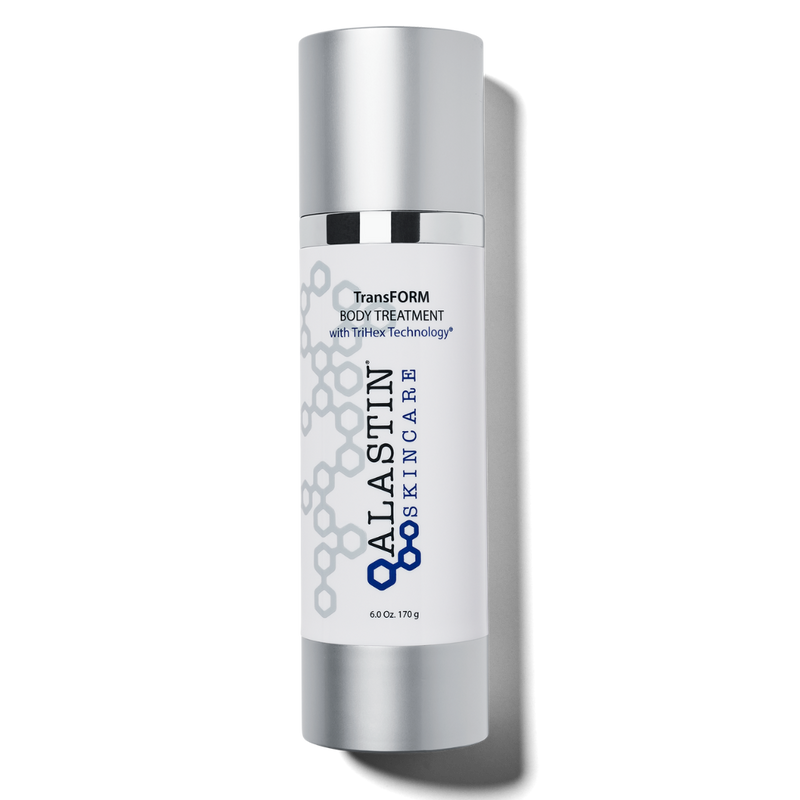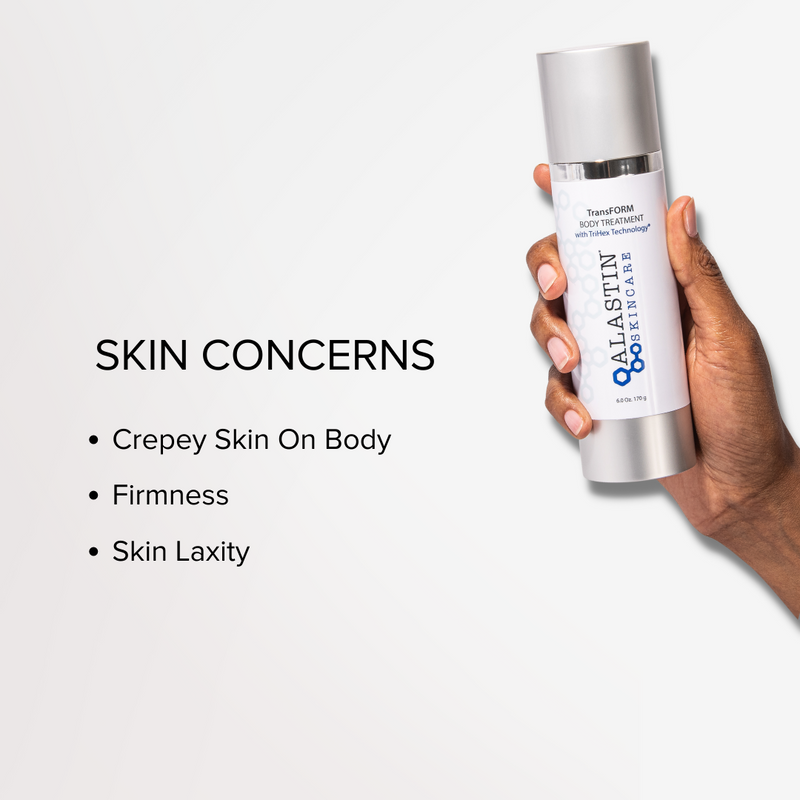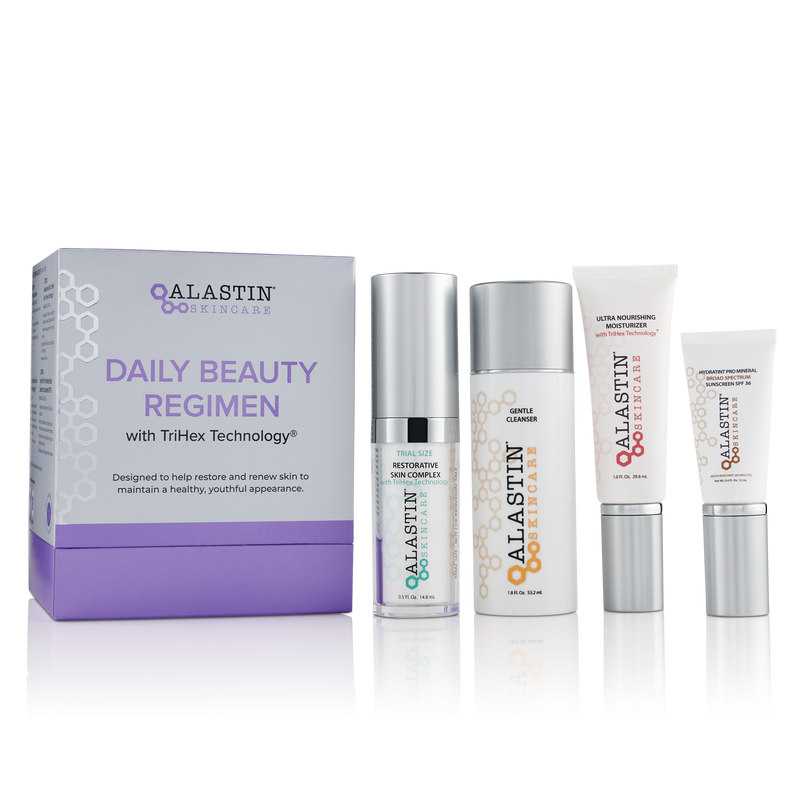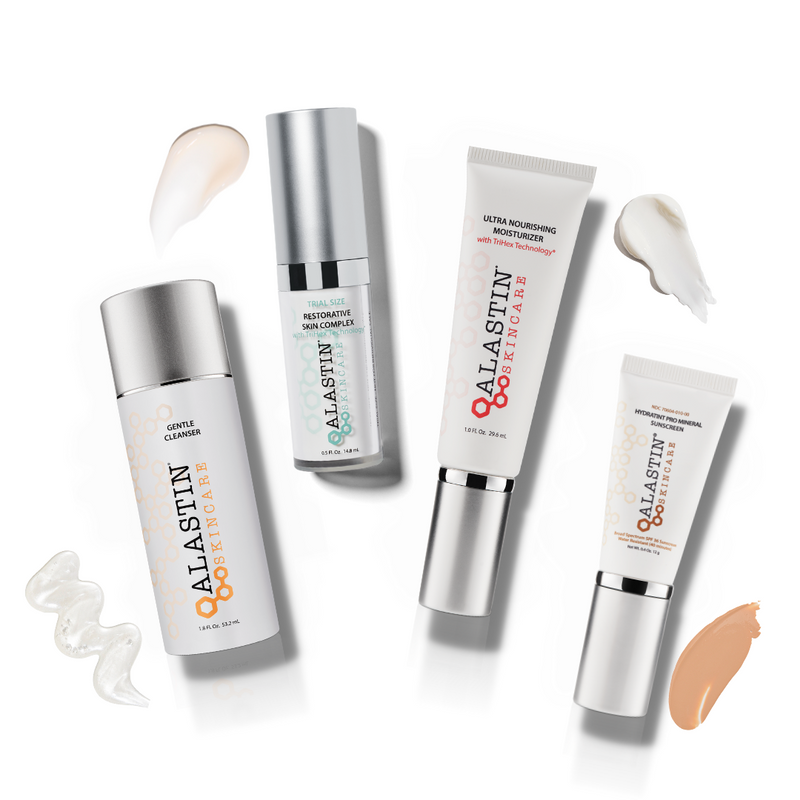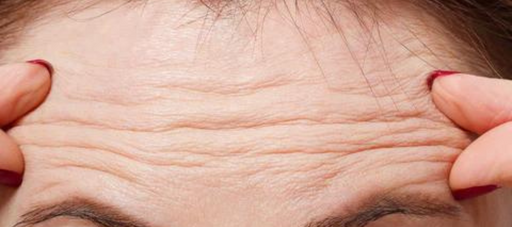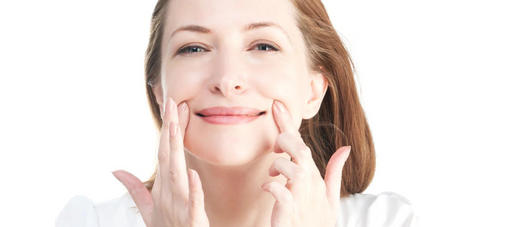You have no items in your bag
For Your Consideration: Are You Offended by the Term Anti-Aging?
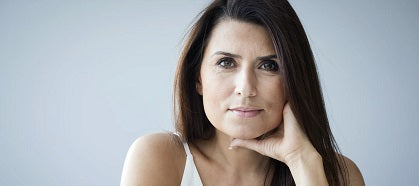
Is Anti-Aging a Bad Word?
"Anti-aging." For anyone over 40, it’s a term that you are exposed to in everything from marketing ads to in-store shopping, and even amongst your circle of friends. But you’ve likely grown up with it as well; since the 1980s beauty brands have used this term to convince, and sometimes even scare you, into the idea that you need their products.
But does the term stand out to your as offensive or negative?
A Culture Shift: Aging Is Bad

Source: Allure.com
You may have heard that one of our favorite trend-setting publications officially denounced the term ‘anti-aging’ in 2017 stating that “the phrase 'anti-aging' is banned from the Allure lexicon and style guide—moving forward, we will not be 'anti' aging. Yes, we will give you tips on how to take care of yourself, and yes, we will review the products that help you do so—but we'll be making a concerted effort to stop shaming women for getting older, and to celebrate their beauty instead."
It’s worth noting that the ASA banned the term anti-aging in 2008 from being used on actual products to avoid misleading consumers (newsflash, you can’t actually stop the passage of time).
Still, social media and advertising are constantly showing us what it means to be ‘young and beautiful’. If you look at most beauty campaigns, anti-aging skincare is typically represented by 18 to 20-year-old models.

In response, many beauty brands have overcompensated and jumped to the other end of the spectrum by featuring celebrities like Julianne Moore, Helen Mirren, and Cate Blanchett (all beautiful mind you). This is their attempt to balance the millennials targeted, and visually represented, in most beauty campaigns, but what about the demographic in between, say 35 to 50-year-olds, who frankly represent the majority of anti-aging products?
Questions abound. Is it healthy to be young? What does it mean to be healthy after your ‘prime’? When is your prime? Why do many other cultures do a better job of rejoicing in the aging process?
So where do we stand? Or better yet, where do you stand on the topic?
Should We Stop Saying Anti-Aging?

Let us start by echoing the words of one author from byrdie.com: the concept is “inspiring, it's forward-thinking, and it's positive. But it's also complicated.”
Though we love the idea of exploring how to boldly embrace your skin’s natural aging process, it is a complicated issue. Is it just lip-service to say that we will not use the terminology? If we’re honest with ourselves, we know that even if we agree to embrace how we look at every age, there is, and should be, and concerted effort to be healthy and confident which comes with certain physical attributes (even if that means something different for each individual).
While progress has been made in embracing and accepting our age, we’re still not quite there - as an industry and culture.
Many brands have dabbled with other languages (to frankly say the same thing without really saying it); you may have seen words like: ‘age prevention’, ‘age delay’, ‘age control’, ‘ageless’, ‘timeless skin’, ‘age diminishing’, ‘preservation aging’, ‘intelligent aging’, it’s a long list…
But does it really change anything?
Jane Cunningham, the founder of BritishBeautyBlogger.com, banned the ‘anti-aging’ term and instead uses the term ‘age inclusive’ for ‘older skin’ because that’s just fact. As she so eloquently points out “treating age as something that needs ‘curing’ is pointlessly demoralizing for anyone over 30,” and she continues, “I’d like to see brands celebrating beauty at all ages. Beauty is not one thing, it’s many things.”
It’s many things. We like that. Let’s at least accept that to be beautiful is not one thing, but many things and in the clichéd words you’ve heard countless times before, in the eye of the beholder.
The Argument for Keeping Anti-Aging Terminology
Not everyone applauded Allure’s stance when they made this proclamation. Laura Dimet Water, the editor-in-chief of a site called Fountain of 30, whose aim is to help women after 20 to ‘look younger without looking ridiculous’, was among the first to voice her disapproval stating: “I think there is NOTHING wrong with the term anti-aging.’ It happens. We want to deal with it… everybody is so concerned with being politically correct right now that it’s getting ridiculous.”
She’s not wrong. It’s no secret that our efforts for political correctness have reached an all-time high and our overall sensitivity for language from people and brands cannot be overstated. But there’s probably a happy middle ground...
What Happens to Skin as we Age?
Let’s pause to acknowledge that there is a lot of science and evidence to the fact that our skin, being the largest exposed organ on the body, really goes through the wringer as we age.

But there’s a difference between aging and premature aging, or exacerbated aging. Meaning, embracing natural aging process does not mean you do not care for your skin as you age, but rather you should still have a complete and customized skincare plan that allows you to properly care for your skin so that it can simply be the best version of you and your beauty at every possible age.
Let’s agree that there should be a balance between embracing each new phase of life and how that looks on the outside while not shaming anyone who chooses to address their insecurities or physical traits to boost their confidence.
We live in the age of acceptance, of individuality. Let us challenge ourselves to take more of a long term look at our health, our beauty, and our life with a self-care attitude? And just as importantly, use this same perspective when looking at others as well.
Let us be more interested in looking good rather than looking young.

As Michelle Lee originally stated in the Allure article: “Growing older is a wonderful thing because it means that we get a chance, every day, to live a full, happy life.”





